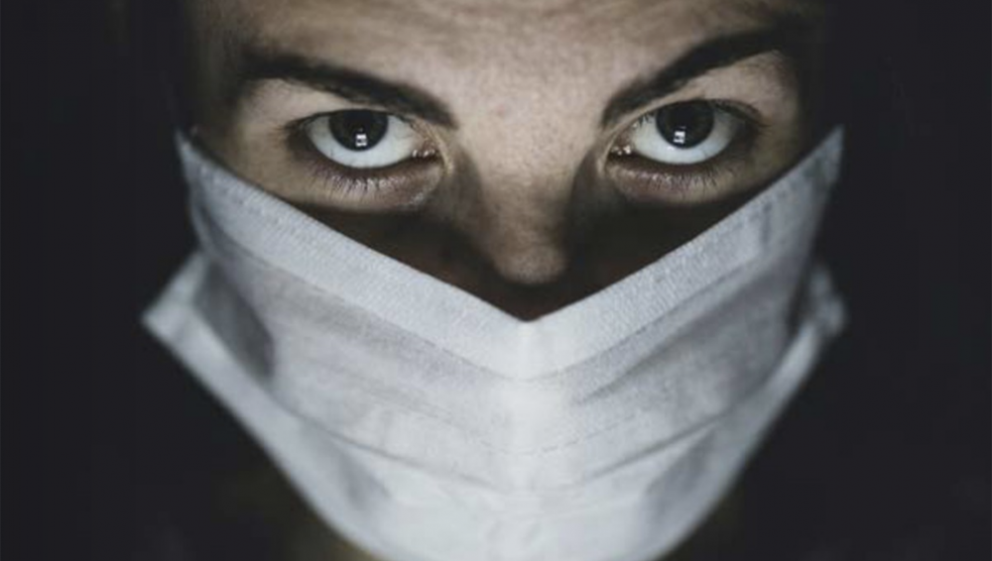Ban on the use of lead shot – finally!
Posted 10 Jul 2025

Posted on the 29th May 2020
Today we launch our revised and updated ‘Is Factory Farming Making Us Sick?’ report. It makes for sobering reading, and firmly places our use and abuse of animals at the core of the emergence of many recent diseases. The ever increasing drive for cheap meat has a heavy cost.

The intensive farming of animals is hugely unnatural and creates conditions which allow diseases to thrive. The majority of farmed animals in the UK are reared intensively, inside crowded, filthy sheds which are the perfect environment for bacteria and viruses to flourish. Stressed by their surroundings and their inability to display natural behaviours, forced to live in their own excrement alongside sick and dying animals, it is not surprising that farmed animals are vulnerable to infection. Their immunity is further weakened by the industry breeding from just a few high-yielding strains, which has led to genetic erosion. This makes it easier for disease to sweep swiftly through a group of animals, who are likely to share near-identical genetics with little immunological resistance.
Genetically similar animals stacked together, with compromised immune systems caused by stress, allows disease to spread freely. Diseases can be spread from animals to people directly or via contact with contaminated water or slurry, or through eating meat, milk or eggs. And, of course, diseases can then be passed from person to person potentially mutating.
These ‘factory farming’ systems which deny animals a life worth living, also threaten the health of the people who work on farms and in slaughterhouses, those who consume animal products, and even those who don’t. This reasoning is why the title has changed from the original ‘Is Factory Farming Making You Sick?’ report to ‘Is Factory Farming Making Us Sick?’. It is also a collective responsibility to tackle the root causes and push for support for animal-free agriculture.
Instead of protecting ourselves by changing how we treat animals and ending the factory farm conditions that make disease outbreaks inevitable, we administer antibiotics to the animals in an effort to keep them alive just long enough for them to be profitable. Antibiotics are administered so frequently that dangerous pathogens have now mutated and become resistant to them.
Globally, more antibiotics are given to farmed animals than are used to treat people and this over-use is deadly. An over-reliance on antibiotics to ‘prop up’ these poorly animals until they can be slaughtered, is contributing vastly to the growing antibiotic resistance which threatens a pillar of our healthcare provision. This could threaten even minor surgery and make some conditions impossible to treat. Dame Sally Davies, UK Special Envoy on Antimicrobial Resistance, said in a press interview in April 2019 that the threat of antibiotic resistance was as great as that from climate change, and advocated that it should be given as much attention from politicians and the public. Instead, it is largely ignored.
More than 60 percent of almost 1,500 known human pathogens are thought to have originated in animals with three-quarters of emerging infectious diseases also coming from animals. In recent years, animal farming has brought us outbreaks of BSE, bovine TB, foot and mouth, bird flu, swine flu, campylobacter, salmonella and many more devastating diseases. No wonder the United Nations Food and Agriculture Organization has warned that global industrial meat production poses a serious threat to human health.
There’s no going back, we can only travel forwards, we absolutely have to fix our broken food system and make good our relationship with non-human animals, if we are to collectively survive.
Please do read and share this report widely to help raise awareness and encourage movement in a better direction.
Read 'Is Factory Farming Making Us Sick?'Posted 10 Jul 2025

Temperatures are rising and it’s time to get outdoors, enjoy the weather and tuck into some delicious vegan food! Thanks to an abundance of plant-based options now available, there’s an alfresco option for every tastebud...
Posted 09 Jul 2025
